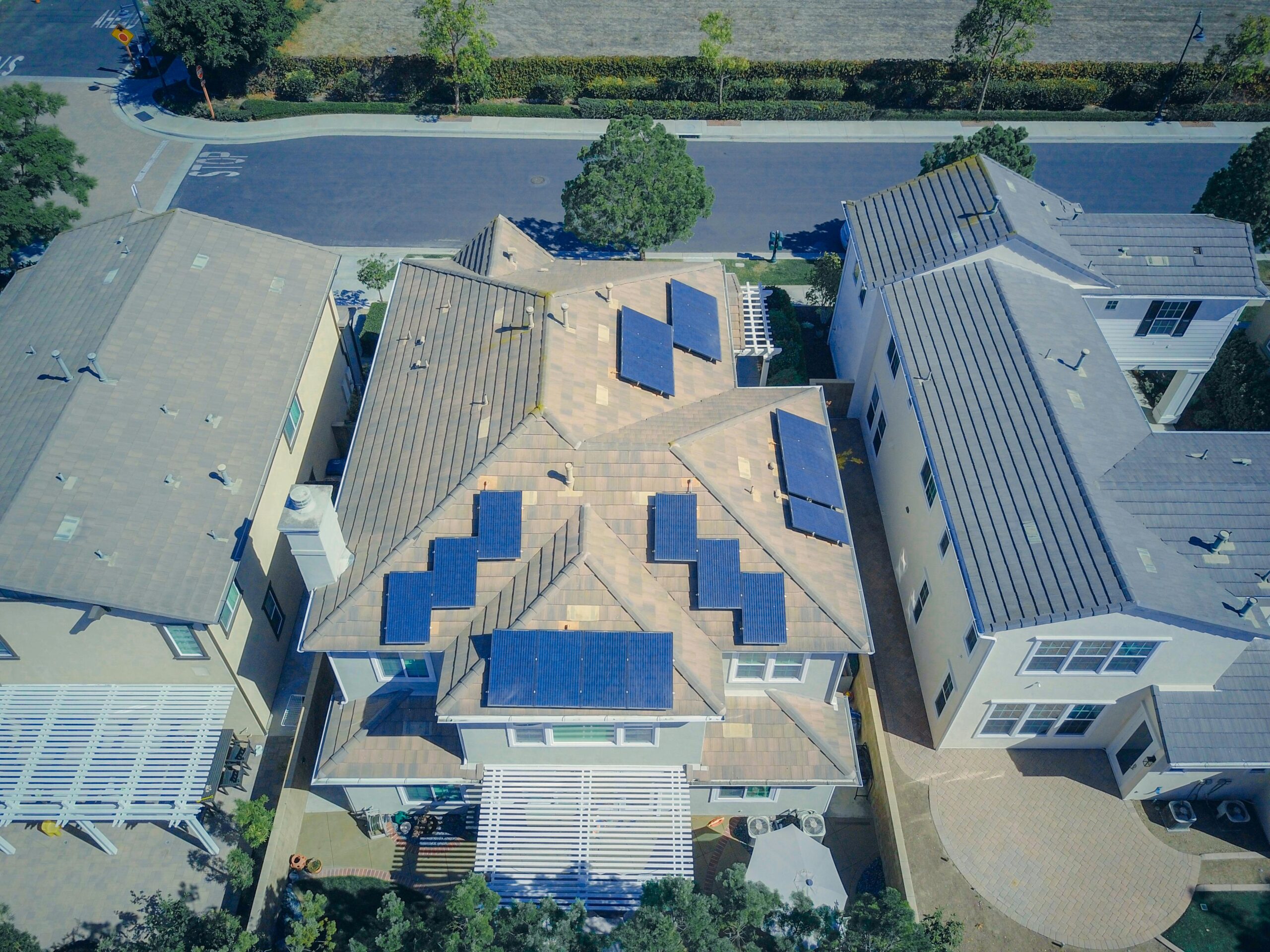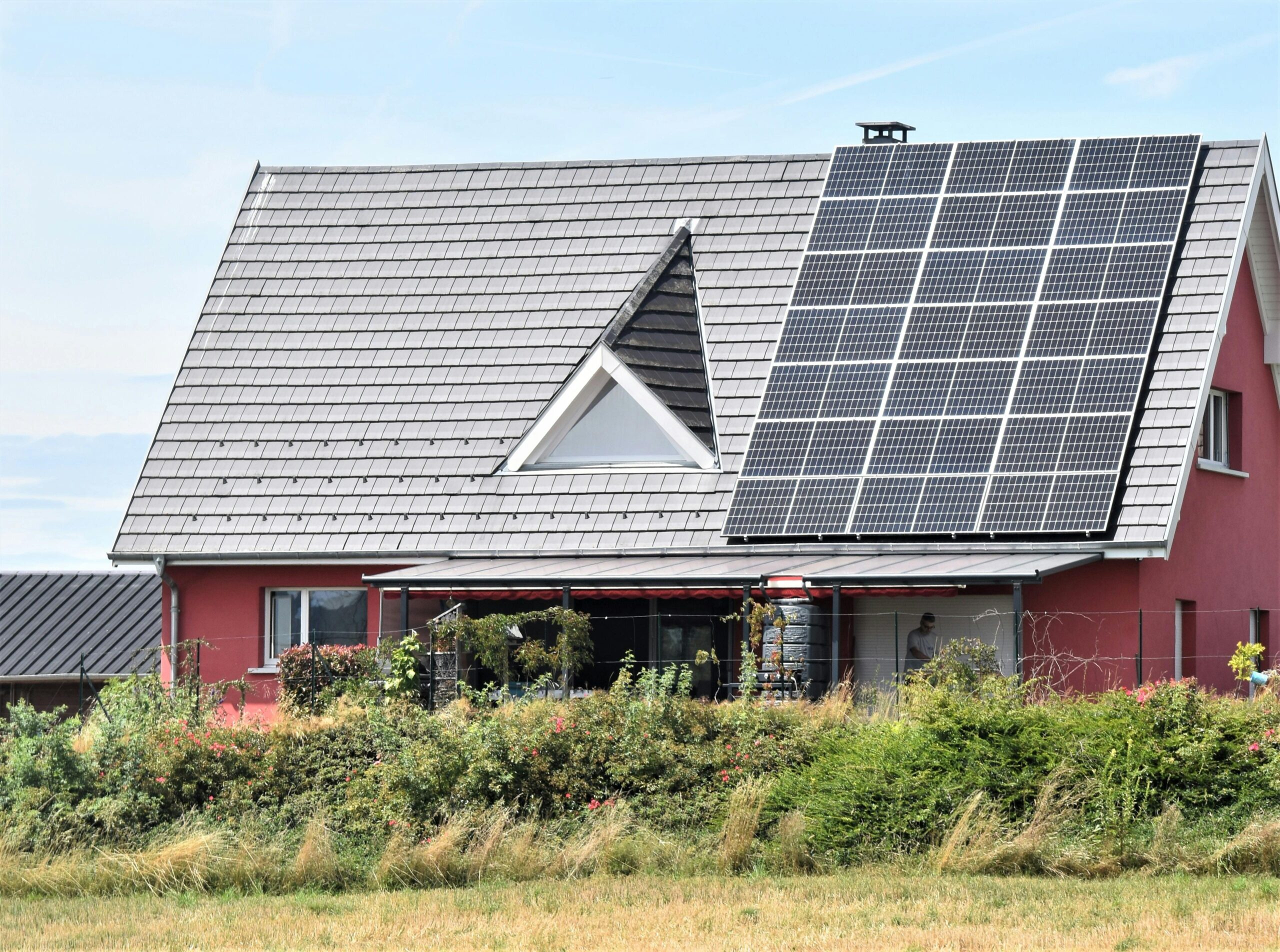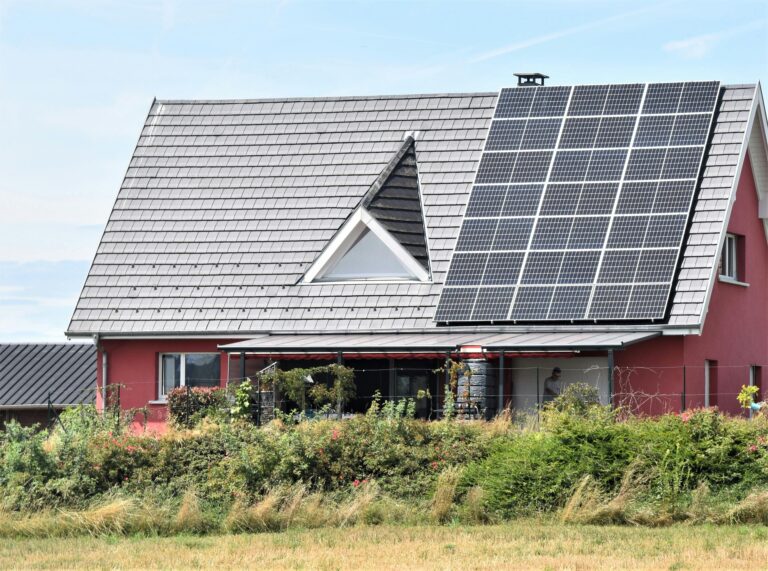
In recent years, renewable energy has emerged as one of the most important factors in reshaping various industries, and real estate is no exception. From solar-powered homes to eco-friendly office buildings, the integration of renewable energy projects within the real estate market is making waves. This intersection is creating new opportunities for both first-time homebuyers and long-time investors. In this blog, we’ll explore how renewable energy is transforming real estate, the benefits it offers, and why both new homeowners and experienced investors should pay attention.
The Growing Demand for Sustainable Homes
The trend toward sustainable living is no longer a niche interest but a mainstream movement. As climate change becomes an increasingly pressing issue, homebuyers are more conscious about the environmental impact of their homes. Renewable energy systems, like solar panels and wind turbines, are now seen as essential features rather than optional upgrades.
First-time homebuyers, especially millennials and Gen Z, are prioritizing sustainability when choosing homes. Many are looking for properties that not only offer energy efficiency but also contribute to reducing their carbon footprint. Solar energy, in particular, is a hot commodity in residential real estate. Homes equipped with solar panels can significantly reduce electricity bills, and some states even offer tax credits or incentives to make these systems more affordable.
For long-time investors, the shift towards renewable energy represents a substantial opportunity. As demand for energy-efficient homes grows, properties with renewable energy features can command higher prices and rental yields. These properties are also more likely to attract a larger pool of environmentally conscious buyers and tenants.
Financial Benefits of Renewable Energy in Real Estate
One of the most compelling reasons for incorporating renewable energy projects in real estate is the potential for significant cost savings. For homebuyers, renewable energy systems like solar panels can drastically reduce electricity bills. Although the upfront costs of installing solar panels or other renewable energy systems can be significant, federal tax incentives and state-level rebates can help offset the initial investment.
For homeowners looking to make a long-term investment, renewable energy offers increased home value. Homes with energy-efficient features are selling for higher prices compared to conventional homes. In fact, studies show that homes with solar panels can sell for up to 4% more than comparable homes without them. This makes renewable energy an attractive proposition not only for reducing ongoing costs but also for increasing the resale value of properties.
Moreover, in certain parts of the U.S., property taxes can be lower for homes with renewable energy systems, as some states offer tax exemptions for solar panels or wind energy systems. This makes renewable energy an appealing financial option for both first-time buyers and seasoned investors.
Renewable Energy as a Market Differentiator
As the U.S. real estate market becomes more competitive, distinguishing a property from the crowd is crucial for success. Renewable energy projects can be an effective way to set properties apart from others on the market.
For first-time buyers, this is an opportunity to invest in a home that not only meets their lifestyle needs but also aligns with their values. Many young buyers are looking for homes that are eco-friendly and energy-efficient, and renewable energy systems make a property more attractive in this regard. Moreover, homes with sustainable energy features often come with the benefit of lower maintenance costs. For example, solar panel systems can be quite durable, and their maintenance costs are minimal compared to traditional home systems.
For real estate investors, incorporating renewable energy projects into new developments or retrofitting existing properties can provide a significant competitive edge. Green buildings, which prioritize sustainability in design, construction, and operation, are in high demand. Investing in renewable energy projects not only improves the value of a property but also increases its appeal to a growing segment of renters and buyers who value eco-conscious living.
Government Incentives and Policy Support
Both homebuyers and investors can benefit from various government incentives that encourage the integration of renewable energy into real estate. At the federal level, programs like the Solar Investment Tax Credit (ITC) offer a 30% tax credit on the cost of installing solar energy systems. These incentives reduce the overall cost of renewable energy installations and make it more accessible for homeowners and investors alike.
At the state level, there are often additional programs to promote renewable energy adoption. Many states offer rebates, tax credits, or even zero-interest loans for homebuyers who invest in solar panels, wind turbines, or other renewable technologies. Additionally, several states are pushing policies to increase the adoption of electric vehicles, and installing charging stations at residential properties can be an attractive selling point for potential buyers.
Real estate investors can take advantage of these incentives by integrating renewable energy systems into both new developments and existing properties. Doing so can lead to lower operating costs, enhanced property values, and increased demand for rental properties, all of which contribute to improved profitability.
How Renewable Energy Impacts the Resale Value of Properties
When it comes to resale value, renewable energy features are becoming more important than ever. Studies have found that homes with solar panels or other renewable energy systems tend to sell faster and at higher prices than comparable homes without these features. This trend is particularly noticeable in states like California, where renewable energy incentives are more widespread.
For homeowners, this means that investing in renewable energy can pay off when it’s time to sell the property. A home equipped with solar panels not only reduces energy costs during ownership but also increases its marketability when it comes time to sell. Additionally, homes with energy-efficient features often require fewer repairs and maintenance, which can make them more appealing to potential buyers.

For investors, this trend offers an opportunity to build a property portfolio with a focus on renewable energy. Whether through the construction of new, energy-efficient homes or the retrofitting of older properties, incorporating renewable energy can enhance a property’s appeal and resale value. For both residential and commercial real estate, the integration of renewable energy systems can offer significant returns.





